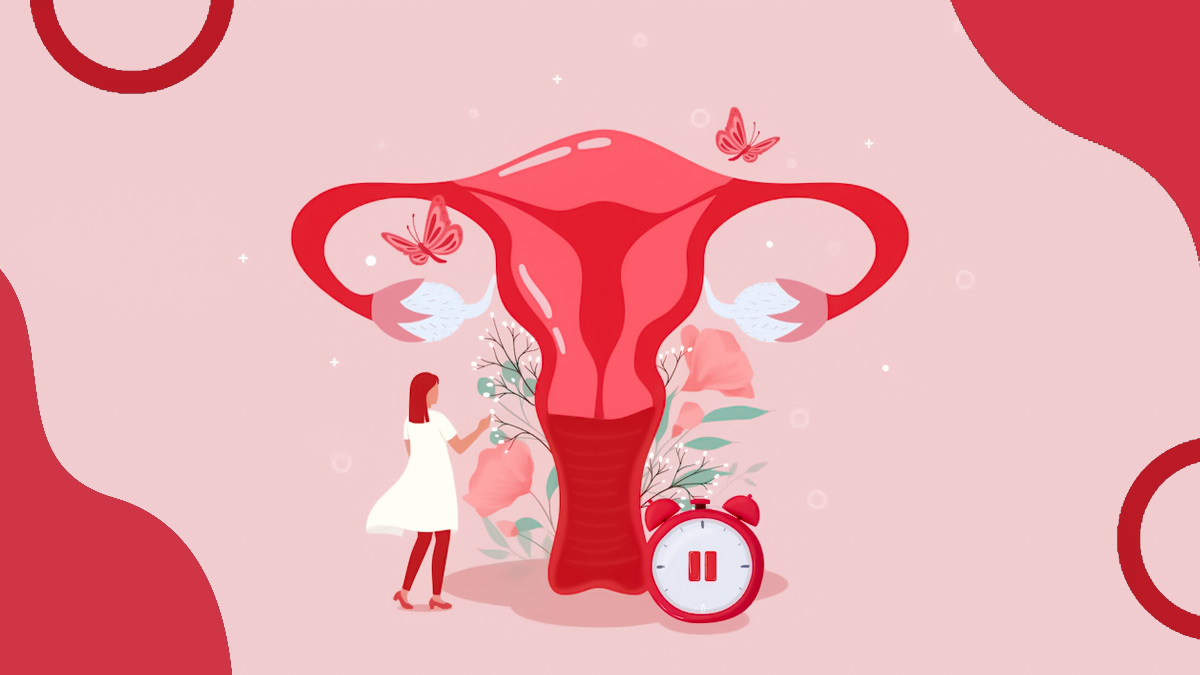Experiencing comfort in your private area is a bliss that no one likes to compromise with. During the summer season, we often experience itching due to tight clothes and sweating, but in the winter, layering sometimes leads to irritation.
While all these discomforts are manageable, it is the pain that indicates the seriousness of the condition. Therefore, it needs immediate attention from a doctor. If you have been experiencing persistent pain in your vagina or vulva, it could be a vulvodynia.We spoke to Dr Nidhi Khera, Director & Head, Obstetrics & High-Risk Pregnancy Centre For Women Health at BLK Max Hospital, to get you all the details on the subject.
What Is Vulvodynia?

The textbook definition refers to chronic and persistent pain along with discomfort around the opening of the vagina (vulva) is called vulvodynia. Among some women, it could amount to excruciating pain, while others can experience irritation and a burning sensation.
The medication can interrupt your everyday life and make it difficult to get through the day. The patient cannot sit for long hours or even have sex. However, Dr Khera said many women do not know how to express the issue, and the stigma around inhibits them from talking about it.
Does vulvodynia ever go away? Dr Khera shared that it can happen to women of all ages and does not go away on its own. A person suffering from the disease must consult a doctor.
What Are The Symptoms Of Vulvodynia?
In this condition, the vulva usually looks normal, but a patient would experience chronic pain. It could be followed by stinging, burning sensation, soreness and throbbing around the area. These symptoms would present at low intensity, however, if the patient sits for long hours, the pain can get worse.
What Are The Main Causes Of Vulvodynia?

The main cause of vulvodynia is nerve damage. It could happen due to childbirth, surgery, infection and a trapped nerve. It is not contagious.
You might think it is not serious, but the doctor would tell you that it can affect the quality of life, reduce libido, affect relationships and may be responsible for your low self-esteem, confidence and depression.
Other causes for vulvodynia that a doctor would try to rule out include:
- Allergic reaction or sensitivity to soaps, bubble baths, vulval washes and medicated creams
- A recurrent herpes infection
- Vaginal infection or persistent vaginal thrush
- Behcet’s disease, a disorder of blood vessels that can lead to genital ulcers
- Lichen sclerosus or lichen planus is a skin condition that leads to soreness and intense irritation in the region
- A drop in oestrogen hormone can lead to dryness in the vagina, especially around menopause
- Sjögren's syndrome, a disorder of the immune system that causes dryness in the vagina
How To Diagnose Vulvodynia?
The doctor would carry out a Q-tip or swab test to detect the condition. However, there are a few things that you can do at home, including:
- Wearing breathable clothes that come in close contact with the vagina
- Limiting the use of perfume or scented products in the region
- Avoiding tight garments
- Applying an ice pack or cool gel packs
- Diverting preference to loose trousers, pants and skirts
How Do You Fix Vulvodynia?

Dr Khera suggested that a doctor would evaluate the cause and rule out the reasons behind the condition. A few treatments can include emollients, anaesthetic applications and lubricants.
There are a few oral tablets that can be prescribed along with cognitive behaviour therapy with nerve desensitisation and physiotherapy. In rare cases, surgery might be required.
Don't Miss: Bleeding During Pregnancy? Know Its Causes
In case you are experiencing pain, do not take normal painkillers like paracetamol because it will not help you. Even when prescribed by the doctor, the patient might need to take the medicine for months. If the pain is intense, the doctor might shoot the medicine using an injection directly to the area of concern.
Recommended Video
Pelvic floor exercises can be help treat the issue and relaxing the muscles around the vagina. A few patients are also prescribed psychosexual counselling along with their partners to normalise their sex life.
HerZindagi Video

Take charge of your wellness journey—download the HerZindagi app for daily updates on fitness, beauty, and a healthy lifestyle!


Comments
All Comments (0)
Join the conversation